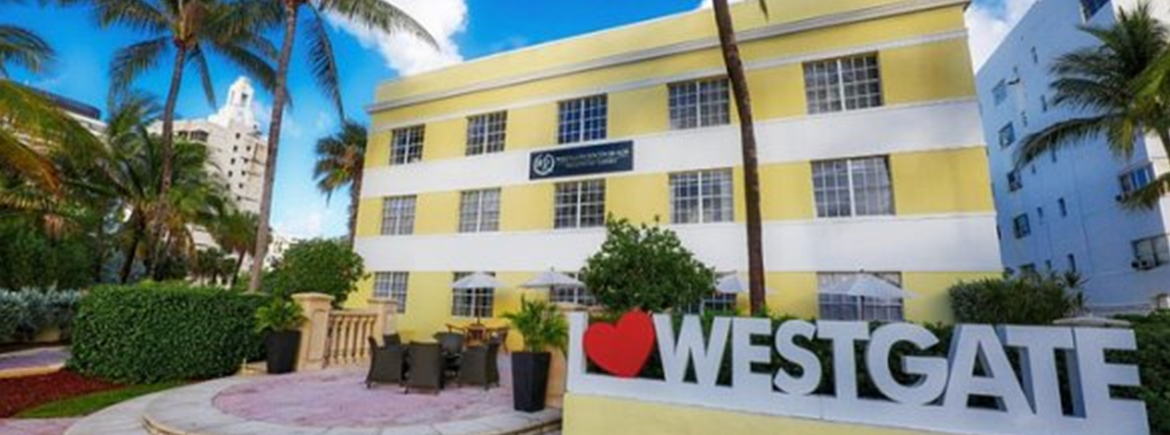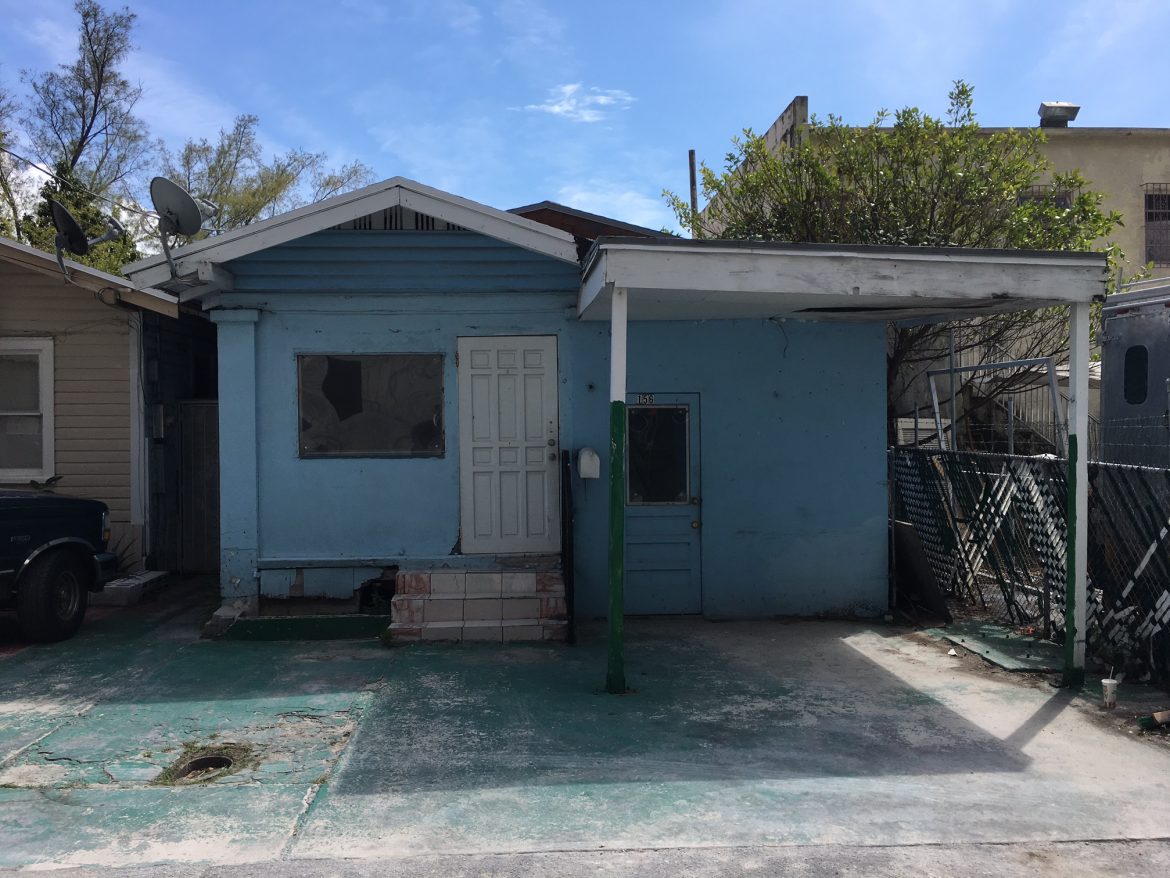
A new law in Florida limits the ability of municipalities to prevent the demolition of aging coastal buildings, including architectural icons that have been granted local historical status.
The Resiliency and Safe Structures Act, recently signed into law by Gov. Ron DeSantis, strips local municipalities of their authority to ban, restrict or prevent the demolition of non-conforming and unsafe structures.
Supporters of the bill say it addresses the safety challenges of aging condo towers in the wake of the deadly 2021 Champlain Towers South collapse, which killed 98 people.
The law creates exceptions for buildings that are on the National Register of Historic Places, but it notably does not exempt municipal historic designations, which potentially could have a major impact on iconic buildings in Miami Beach.
The new law effectively strips the Miami Beach Historic Preservation Board of its power to decide whether historic structures can be demolished and, if a building is going to be knocked down, whether some elements of its design must be preserved or replicated.
The new law allows owners to demolish buildings in high-risk coastal flood zones if local officials deem the structures unsafe or if the buildings don’t conform to the base flood elevation requirements set by the Federal Emergency Management Agency (FEMA).
The law targets oceanfront buildings along a “coastal construction control line,” which delineates how close developers can build to the coast.
Preservationists are warning that numerous Miami Modernist-style resorts along Collins Avenue in the Mid Beach and North Beach neighborhoods of Miami Beach now on the wrong side of the control line-and most of these historic properties don’t conform to FEMA’s latest elevation requirements.
Lawmakers who supported the Resiliency and Safe Structures Act—which sailed through the state legislature by a 36-2 margin in the Florida Senate and 86-29 in the House—say the measure is long-overdue, not just to address safety concerns but to reign in the power of local preservation boards.
Source: GlobeSt.


